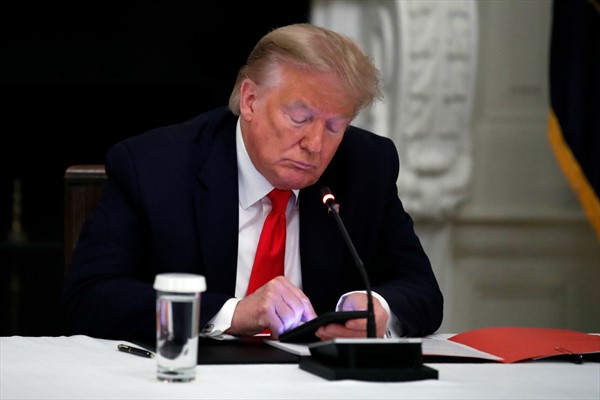In mid-July, 130 high-profile Twitter accounts were hijacked by a small group of hackers, apparently led by a teenager in central Florida. They were able to take over some of the social media service’s most prominent handles—including those of Kanye West, Jeff Bezos and Elon Musk—and use them to scam hundreds of people out of a combined $118,000 in bitcoin. It was the biggest security breach in Twitter’s history, and a stunning embarrassment for the company.
The hack also entailed a high level of risk to users’ personal security. According to Twitter, the hackers were able to not only send messages from the 130 accounts they commandeered, but also gained access to the direct messages of 36 of them and downloaded the personal data from eight. Among the compromised accounts were a couple politicians whose use of the platform in official capacities made this hack even more worrisome for Twitter and the international community: @JoeBiden and @BarackObama.
Over the past couple of years, social media, and Twitter most of all, has become an increasingly prominent means of political and diplomatic communication. Heads of state and other dignitaries around the world routinely squeeze complex and nuanced policy positions into posts of 280 characters or less. Mike Pompeo is the first American secretary of state whose appointment coincided with the creation of a verified Twitter account, @SecPompeo. He has made prolific use of it, particularly during some of America’s recent diplomatic crises.

